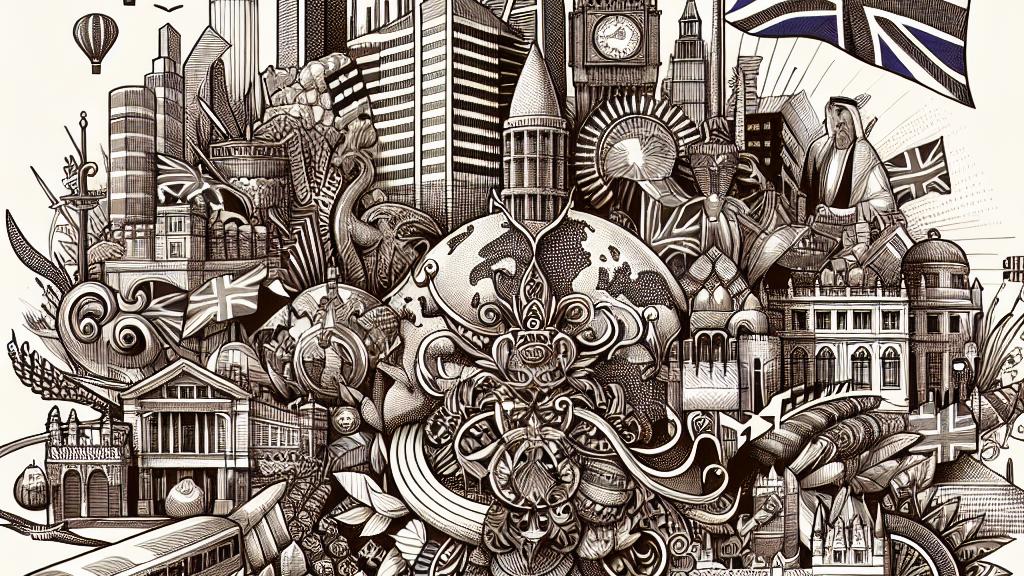UK Prioritizes Trade Deals with India and Gulf Nations
Overview
- The UK government is intensifying efforts to secure significant trade partnerships with India and Gulf countries.
- Negotiations are slated to recommence soon, bringing potential for substantial economic benefits.
- Establishing these trade agreements is crucial for enhancing the UK's competitiveness in a post-Brexit world.

Focus on India and Gulf Nations
In the dynamic realm of international trade, the United Kingdom is prioritizing the establishment of strategic trade agreements with India and Gulf nations. Business Minister Jonathan Reynolds has emphatically stated that these negotiations, particularly with the Gulf Cooperation Council (GCC), are not merely an agenda item but a crucial part of the government’s economic strategy. With talks set to resume shortly, the potential economic impact is truly significant. By cultivating these partnerships, the UK aims to diversify its trade portfolio, creating ample opportunities for British businesses. This proactive approach is not just about numbers—it's about building a resilient economic future, where collaboration leads to innovation and mutual growth.
The Impact of Brexit on Trade Agreements
Since the United Kingdom’s departure from the European Union, the country has embraced the challenge of negotiating its own trade agreements. While the autonomy gained has led to some landmark deals with nations like Australia and New Zealand, the anticipated agreement with India has proven elusive. Minister Reynolds is now on a mission to breathe new life into these negotiations, extending a hand to willing partners and seeking to re-establish strong trade ties. For example, multiple rounds of negotiations with India, involving discussions about tariffs and regulations, highlight the complexities of crafting a beneficial trade deal. As the UK navigates the realities of reduced trade with EU nations, there lies a golden opportunity to forge dynamic new partnerships that not only enhance trade but also foster long-term relationships with key global players.
Importance of Trade with Gulf Nations
The Gulf region holds exceptional importance for the UK, especially concerning the substantial oil and gas trade that fuels both economies. Nations like Qatar and Saudi Arabia are pivotal partners, with India depending heavily on natural gas imports from the Gulf. Notably, initiatives such as the 'India-Qatar Start-Up Bridge' aim to connect entrepreneurial ecosystems and stimulate economic growth through collaboration. This is not merely a trade relationship; it is a journey that enhances cultural exchanges and mutual understanding. As negotiations unfold between the UK, India, and the Gulf nations, the potential to reshape economic landscapes becomes clear. These partnerships signify a commitment to a brighter future, demonstrating that trade is not solely about commerce but also about shared goals and cooperative advancements on the global stage.

Loading...